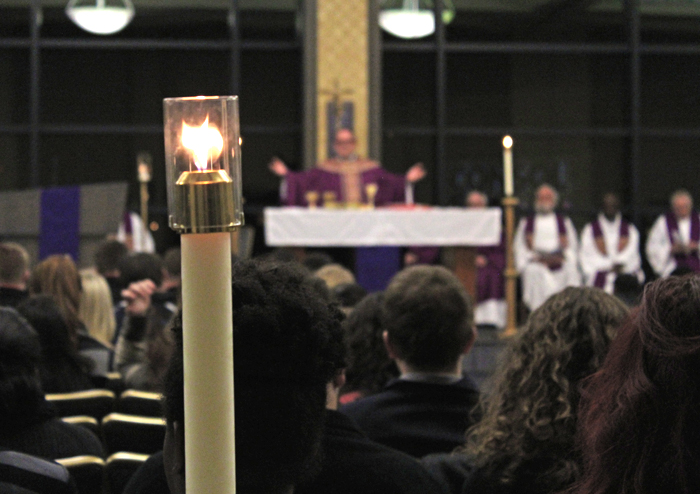By Julian Routh | News Editor
Three months after he was acquitted of raping a woman on Duquesne’s campus, former student Souleymane Tigana is trying to get his life back together.
“I cry every day. I do. I swear,” Tigana said. “It’s like I’m sick.”
Tigana, 24, is now a student at the University of Baltimore, where he doesn’t expect to graduate for at least two more years. He was due to be a senior at Duquesne this year, but decided not to return. He said it is because his reputation was “destroyed.”
“All over the place, they thought I was already guilty before anything else,” Tigana said. “I was at Duquesne for four years, and everyone knew who I was. I couldn’t walk on campus anymore. All my friends, they were distant with me. I felt rejected.”
On June 18, an Allegheny County jury found Tigana not guilty of sexual assault and indecent assault. Judge Jill Rangos tossed out the rape charge during the trial after finding there wasn’t enough evidence for the jury to consider it, court records show.
Mike Manko, spokesman for the District Attorney’s office, declined to comment.
Pittsburgh police arrested Tigana on allegations he raped a woman in Towers dorm last September. Awaiting his arraignment in November, he spent four hours in the Allegheny County Jail, which he remembers vividly.
“Four hours was like 10 years,” Tigana said. “What if I had gone to jail for something I didn’t do? I would have been dead by now.”
Tigana went through the appeal process at Duquesne, but never reapplied to the University after his acquittal, according to Tammy Ewin, a Duquesne spokeswoman.
He was suspended from the University on Dec. 2, but appealed the decision to the appellate board. The board upheld the suspension on Dec. 9. He then requested a review of the appellate board’s decision, to which the Rev. Sean Hogan affirmed the suspension.
Rather than reapplying to Duquesne, Tigana decided to move to Maryland to study business administration at UB. The transition has not been easy, he said.
“It cost me a lot of things in my life. Almost a year later, this is still affecting me,” Tigana said. “I’m scared to make friends with people now. I don’t trust anybody. I can’t even focus on class anymore. I don’t know when the wound will heal.”



